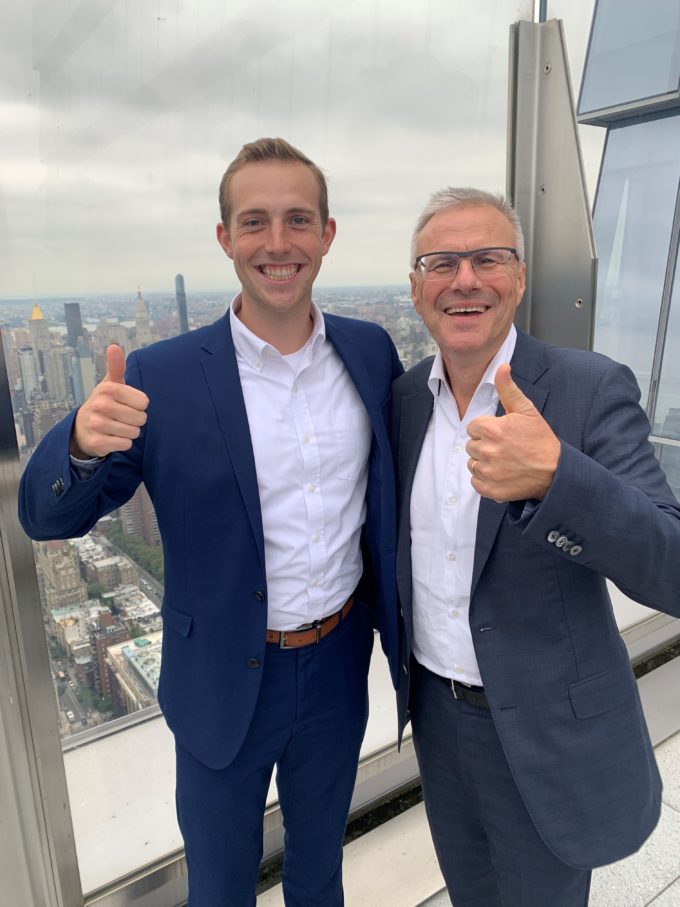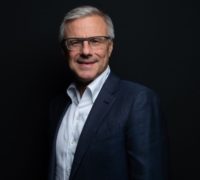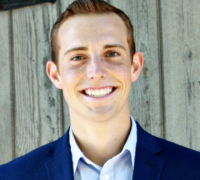Learning to lead, leading to learn
The CEO for One Month program, which attracts more than 200,000 applications each year, is not just about offering a select group of young leaders the chance to gain unique work experience and improve their employability.
It not only provides the Group a different avenue to live its purpose – “to make the future work for everyone” – but also allows it to connect with hundreds of thousands of future employees, either for itself or its more than 100,000 clients, at a time when the labor market is becoming ever more fragmented and talent is harder to reach. For Dehaze, it also offers a window of diverse wisdom into the perspective of a different generation of talent.
“I am getting reverse mentoring from Jordan for one month,” he said. “I am also asking each CEO for One Month to produce an ‘astonishment report’, so that I can learn with their eyes and ears how they have seen us and what we could improve.”
For Topoleski, the experience has broadened his understanding of what it takes to be a leader of a large company.
“I was coming off a role with a start-up and looking for new opportunities,” he said. “I was really interested in seeing what the blueprint of operation was for a Fortune 500 company and how that was different to a start-up and, second, how digital and innovation are run in such a large environment – how can you keep an entrepreneurial spirit in the company?”
The importance of emotional intelligence
Forbes recently described Dehaze as an example of a different breed of CEO: less domineering and egotistical than the stereotypical business leader. For both the Belgian national and his CEO for One Month, this more emotionally intelligent approach is crucial in today’s world.
“You have to prove by your values and actions that you merit this job of CEO […] You need to lead, not by power or fear, but by inspiration, conviction, motivation and by engaging the people around you,” Dehaze said. “You can’t inspire, motivate and engage people around you if you don’t connect and interact with those people.”
One of the hallmarks of this approach is to make himself accessible to a wide range of people in the group, despite the challenges that it might pose in terms of time management, and to trust in the input of his leadership team and take a step back to gain perspective when the going gets tough.
“This accessibility allows you to go faster and deeper into authentic things,” he explained. “You are not working on false information or assumptions. It also gives big opportunities to check assumptions very rapidly by being in contact with people in the field.”
“When it is really hard, and I have had specific private and professional situations where it has been extremely hard, I benchmark the current situation with what I have had in the past,” he said. “Then I see that it’s not great, but it could be worse – then it gives me energy, especially also the team gives me energy.”
Topoleski said the leaders of the future must adapt a more “emotionally deft” approach, which relies more on soft skills such as communication, to navigate the challenges of a highly dynamic and varied environment.
“You have to be able to wear a lot of hats and to be aware of the audience,” he said. “It’s not a one-size-fits-all bucket – EQ is becoming the most important skill of the future. I’ve seen why that’s so important because every business is a people business.”
This year’s CEO for One Month was impressed by Dehaze’s commitment to his own learning journey.
“You can never stop learning,” he said. “It was very interesting to see Alain, at a very different stage of his career than me, how important it is that the acceleration of learning continues to stay the same throughout your career.”
YouTube




